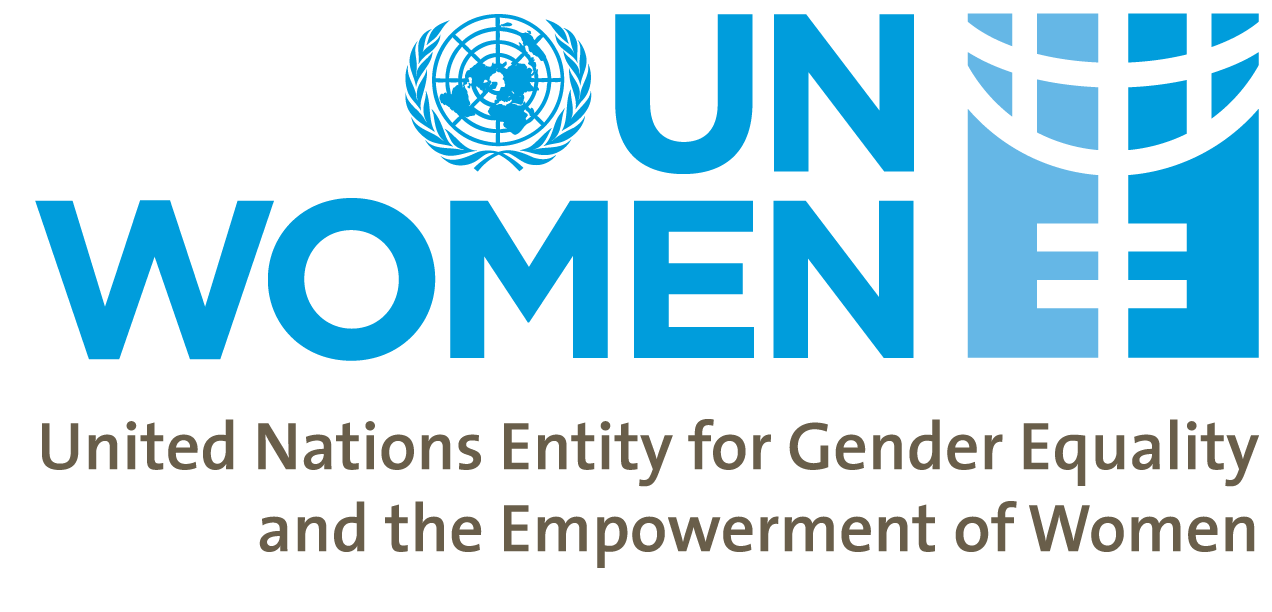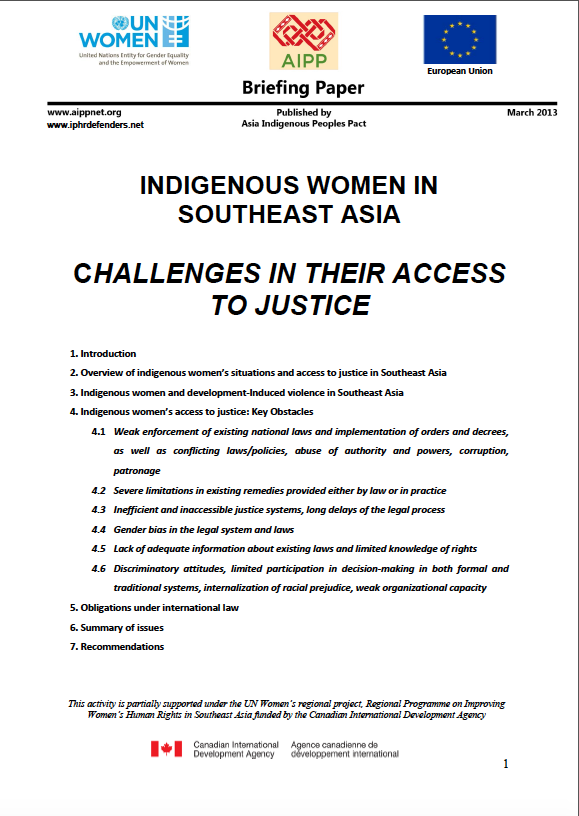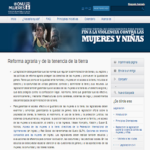In July 2010, the United Nations General Assembly created UN Women, the United Nations Entity for Gender Equality and the Empowerment of Women.
In doing so, UN Member States took an historic step in accelerating the Organization’s goals on gender equality and the empowerment of women.
The creation of UN Women came about as part of the UN reform agenda, bringing together resources and mandates for greater impact. It merges and builds on the important work of four previously distinct parts of the UN system, which focused exclusively on gender equality and women’s empowerment:
- Division for the Advancement of Women (DAW)
- International Research and Training Institute for the Advancement of Women (INSTRAW)
- Office of the Special Adviser on Gender Issues and Advancement of Women (OSAGI)
- United Nations Development Fund for Women (UNIFEM)
The main roles of UN Women are:
- To support inter-governmental bodies, such as the Commission on the Status of Women, in their formulation of policies, global standards and norms.
- To help Member States to implement these standards, standing ready to provide suitable technical and financial support to those countries that request it, and to forge effective partnerships with civil society.
- To hold the UN system accountable for its own commitments on gender equality, including regular monitoring of system-wide progress.
Members:
Resources
Displaying 16 - 20 of 33Indigenous Women in Southeast Asia: Challenges in their Access to Justice
This briefing paper is prepared as part of the advocacy of the Asia Indigenous Peoples Pact (AIPP) for the respect, protection and recognition of the human rights of indigenous women. In this paper, we focus on access to justice for indigenous women in Southeast Asia facing development-induced violence.
Reforma agraria y tenencia de la tierra
La legislación debe garantizar que las normas que regulan la administración de tierras y su registro y las políticas de reforma agraria protegen los derechos de las mujeres y promueven la igualdad de género.
Poder: la mujer como motor de crecimiento e inclusión social. Discurso por Michelle Bachelet
Discurso de Michelle Bachelet, Secretaria General Adjunta de las Naciones Unidas y Directora Ejecutiva de ONU Mujeres, en el acto “Poder, La mujer como motor de crecimiento e inclusión social, en Lima, Perú, el 16 de octubre de 2012, en ocasión de la conferencia internacional sobre inclusión social.
Women, Land and Agriculture in Rural India
This paper undertakes a critical analysis of issues related to women in agriculture in India with a view to provide directions to UN Women for future programmatic interventions and policy advocacy to address the gender gaps in agriculture.
Empowering women through land tenure reform:The Rwandan experience
Since 2004, Rwanda has embarked on an ambitious land tenure reform programme (LTR) aimed
at increasing security of tenure to all land owners and the elimination of all forms of
discrimination. This has largely been achieved through the establishment and implementation of
a new legal, regulatory and institutional framework.
This paper discusses the ongoing land tenure reform programme and its impact on women’s land
rights. It focuses on the role of women in the decision making in the course of developing the





